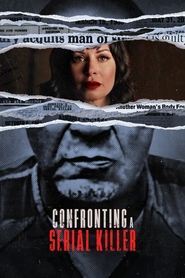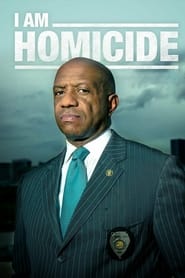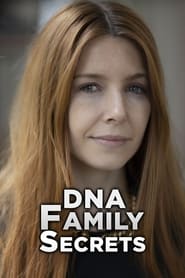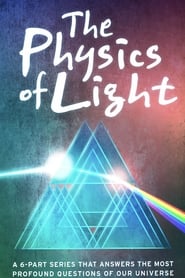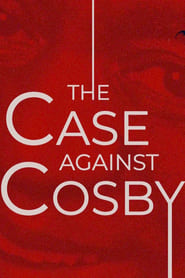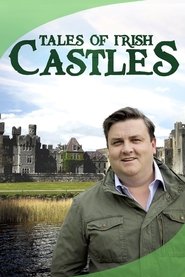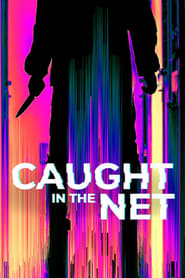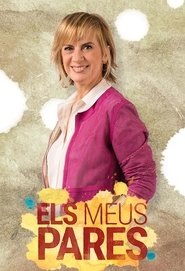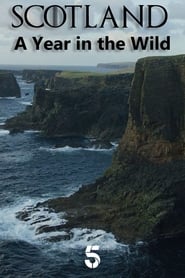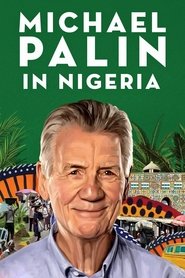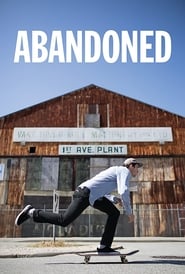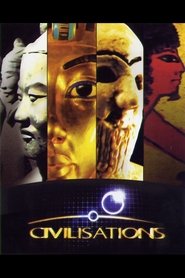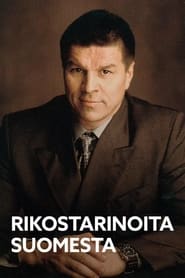Documentary TV Series - Page 307
-
Confronting a Serial Killer
2021
star 5.4The timely story of the unprecedented relationship between acclaimed New York Times best-selling author and memoirist Jillian Lauren and the most prolific serial killer in American history, Samuel Little, and her race against time to identify his victims before it's too late. As she slips deeper into his sordid world, Jillian realizes that she may become, psychologically, Little's last victim. -
I Am Homicide
2016
I Am Homicide
2016
star 8Working for nearly three decades with the Charlotte (N.C.) Police Department, Detective Gary McFadden has developed unorthodox methods that have helped him solve more than 700 homicide cases. He has a 90-percent success rate with the investigations he pursues. "I Am Homicide" shows how Detective McFadden uses his street smarts to work the neighborhood networks and gather critical information for leads, at times risking his life by trusting the streets he calls home. -
Wild Sanctuaries
1991
Wild Sanctuaries
1991
1991 TV series about animals living in their natural habitat, filmed around the globe. -
DNA Family Secrets
2021
DNA Family Secrets
2021
star 7Stacey Dooley is meeting people across the UK who want to unlock mysteries hidden within their genetic code. Working with one of the UK’s leading geneticists, as well as genealogists, social workers and doctors, she uses the very latest DNA technology to reveal lost heritage, track down missing relatives and detect debilitating diseases before it is too late. -
The physics of Light
2015
The physics of Light
2015
While the terms "quantum physics" and "Theory of Relativity" are used casually every day, not many people know what they really mean. Yet these theories have had a profound impact not only on science and technology, but also on our world view. This intriguing 6-part documentary series explores the concepts of physics from familiar theories, such as Newton's Law of Gravity, to the latest in scientific research, like string theory and M-theory. By connecting all of this research with the medium of light, we can gain a deeper understanding not only of our immediate reality, but of the unseen realities that are hidden beyond our perception. Starting with Einstein's Theory of Relativity, Physics of Light explores the true nature of light, peers inside the atom, and looks ahead to the most cutting edge theories in physics. -
The Case Against Cosby
2022
star 4.5Follow the harrowing journey for justice driven by the only survivor whose case could be tried in a court of law, Andrea Constand. Based on her memoir, 'The Moment: Standing Up to Cosby, Speaking Up for Women', The Case Against Cosby reveals the stories of the many who have finally been able to raise their claims publicly against the serial sexual predator and television icon, Bill Cosby. -
Tales of Irish Castles
2014
star 5Actor Simon Delaney explores the great stories and characters associated with the most beautiful, notorious and historical castles built across Ireland. -
Caught in the Net
2022
Caught in the Net
2022
star 6.7Gripping true stories of investigators entering the digital world to solve a brutal murder. In each case, detectives are up against a lack of physical clues, but digital trails left behind help lead them to the killers. -
Els meus pares
2018
Els meus pares
2018
-
Leichter leben
2022
Leichter leben
2022
-
Wild Cats of India
2020
Wild Cats of India
2020
star 7.7India's wildcats have been symbols of strength & royalty since the ancient times. Despite the reverence they evoke and their own adaptability & prowess, these cats have been pushed to the brink. Yet, they are the last hope for protecting the country's wild spaces. Two years in the making, 'Wild Cats of India' has journeyed across country's contrasting landscapes with an ambition to paint an intimate portrait of the intriguing lives of wildcats. -
Dings vom Dach
2005
Dings vom Dach
2005
-
Scotland: A Year In The Wild
2021
star 8.2This four-part nature series reveals the extraordinary stories of Scotland’s secret wild places and the unexpected animals that live there. Scotland hosts a spectacular array of wildlife, from highland red deer, white-tailed eagles, red squirrels and pine martens to coastal dwelling puffins, grey seals, otters, and even killer whales. Stretching from the Shetlands to the south of the country, each episode focuses on how animals strive to survive through four very different seasons in one epic year, dominated by a maritime climate that’s both punishing and unpredictable, with their lives always at the mercy of the elements. -
Michael Palin in Nigeria
2024
star 7.3In his first visit to Nigeria, labelled the ‘Giant of Africa’, Michael Palin embarks on an epic 1,300-mile journey. It’s a country that encompasses stunning landscapes and wildlife, a variety of cultures and faiths, and a diverse population who speak over 500 languages -
Abandoned
2016
Abandoned
2016
star 7.8Skateboarder Rick McCrank explores abandoned places with the people who love them long after the lights have gone out. -
Marc Márquez: All In
2023
Marc Márquez: All In
2023
star 7.1The remarkable story of the eight-time MotoGP world champion. Marc Márquez is facing the most difficult decision of his career. You will need to take drastic measures to try to win again. The series illustrates directly and in the first person a decisive year in the life and career of Marc. The fear, the risk, the suffering, the emotion of the races and the infinite ambition of the one who wants to be champion again. -
Prison Chronicles
2024
Prison Chronicles
2024
The series takes you inside some of the world’s most notorious prisons. Every episode delves into the unique history of a specific prison, showcasing its wildest practices, infamous inmates, harrowing events, and ingenious escapes. Spanning 1,000 years, the series covers legendary institutions from the historic Tower of London to today’s high-tech ADX, where El Chapo is currently held. Through interviews with journalists, former correctional officers, and previously incarcerated individuals, the series offers an authentic glimpse into the inner workings of these prisons. -
Civilisations
2001
Civilisations
2001
star 10Four part miniseries about ancient China, Egypt, The Indus, and Mesopotamia. -
Elstree: Britain's Hollywood
1989
Two-part documentary celebrating the 75th anniversary of what was once the biggest film production centre outside Hollywood: Elstree. -
Rikostarinoita Suomesta
2001
star 7True stories of Finnish criminal acts. Most of the stories have been previously published in the Nordic Police Stories book series.
